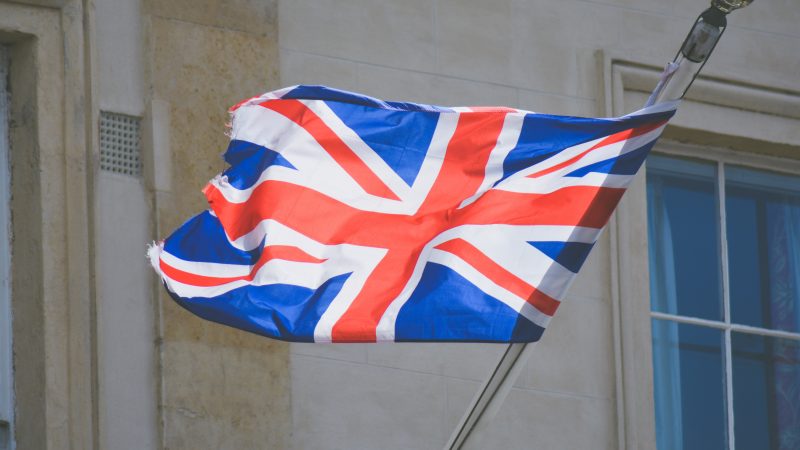The UK government announced the signing of trade agreements with Norway, Iceland and Liechtenstein on Thursday (8 July). They will regulate Britain’s trade with these countries after Brexit.
Since the end of the post-Brexit transition period – December 31, 2020 – trade between countries has been based on temporary agreements that extend previous rules.
An initial agreement was reached between the government in London and partners in Oslo, Reykjavik and Vaduz in early August this year. Subsequently, Great Britain signed a free trade agreement with Norway, Iceland and Liechtenstein. Ministers from three countries arrived in London yesterday (8 July) to sign an agreement with the British Minister for International Trade Ranilm Jayawardenaوارد.
The agreement includes standards for digital commerce and roaming. It will cut tariffs and introduce new duty-free quotas for British food and agricultural exports
It also recognizes the protected status of some British wines and spirits, maintains current access to duty-free quotas for major British exports, and offers discounts on pork and poultry.
“Today’s signing of the agreement is a watershed in trade between Great Britain and Iceland, Norway and Liechtenstein. The Secretary for International Trade said it would support jobs, reduce red tape and open up more opportunities for the UK. les truss.
Of the three countries with which the UK government has agreements, trade with Norway is the most important. Last year, their turnover reached £20.4 billion, making Norway the 13th largest trading partner of the United Kingdom. It is, in turn, Norway’s most important trading partner outside the European Union.
With the post-Brexit transition period over, the government in London is free to sign trade deals, but most new deals are just extensions of pre-Brexit – and the EU is negotiated. It is possible to do it quickly, as supporters of leaving the European Union have promised.





